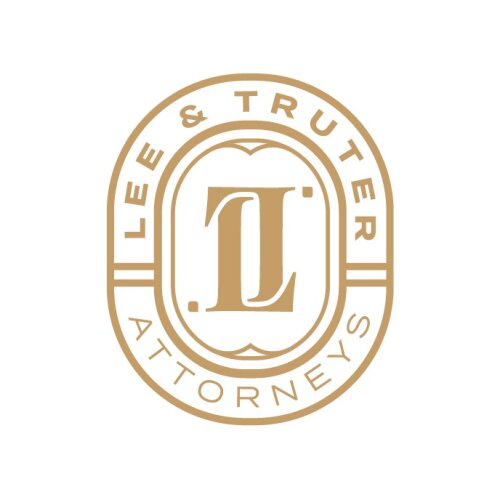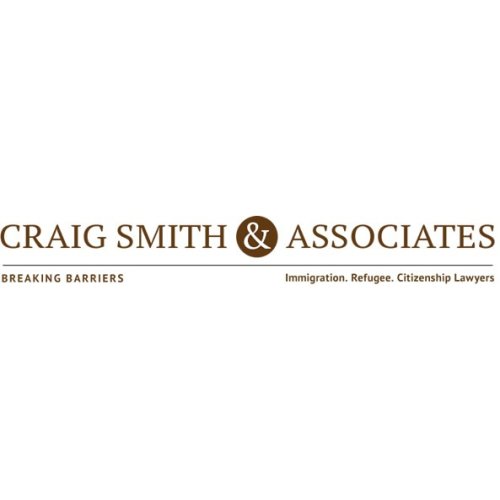Best Citizenship Lawyers in Cape Town
Share your needs with us, get contacted by law firms.
Free. Takes 2 min.
List of the best lawyers in Cape Town, South Africa
About Citizenship Law in Cape Town, South Africa
Citizenship law in Cape Town, South Africa, is governed by national legislation that stipulates who is eligible for South African citizenship and under what conditions. The South African Citizenship Act of 1995 is the primary legal framework that outlines the acquisition of citizenship by birth, descent, naturalization, and in some cases exceptional circumstances. Cape Town being a major city, is home to many immigration services and is a focal point for individuals seeking legal advice on citizenship matters. The city offers various resources and legal professionals who specialize in this field to assist those navigating the complexities of citizenship law.
Why You May Need a Lawyer
There are several situations where individuals may need legal assistance regarding citizenship in Cape Town:
- Acquiring Citizenship: For those seeking to acquire South African citizenship through naturalization, understanding the eligibility criteria and submitting the correct documentation is crucial.
- Dual Citizenship: South Africa allows dual citizenship under certain conditions. Legal advice may be necessary to ensure compliance with both South African laws and the laws of the other country involved.
- Renunciation or Loss of Citizenship: Circumstances may require an individual to renounce their citizenship or deal with issues related to its loss, necessitating careful legal guidance.
- Children of South African Citizens: Legal guidelines determine how children born to South African citizens acquire citizenship, particularly if born outside the country.
- Complex Cases: Individuals with complicated personal histories or citizenship statuses may need a lawyer to help resolve issues or clear doubts.
Local Laws Overview
In South Africa, citizenship is governed by national legislation, yet local practices and legal professionals in Cape Town offer specialized services to ensure compliance with these laws. The South African Citizenship Act provides the foundation for citizenship matters, defining eligibility, processes for application, and rights associated with citizenship. Key aspects include the ability to hold dual citizenship, conditions for naturalization, and consequences of citizenship renunciation. Cape Town’s diverse population makes local legal resources adept at handling a wide range of citizenship issues, from straightforward applications to more complex cases involving multiple national jurisdictions.
Frequently Asked Questions
What are the main ways to acquire South African citizenship?
Citizenship can be acquired by birth, descent, or naturalization. Specific criteria determine eligibility for each method, such as having a parent who is a South African citizen or having lived in South Africa for an extended period.
Can I hold dual citizenship in South Africa?
Yes, South Africa allows dual citizenship, but individuals must ensure they comply with specific regulations, such as applying for retention of their South African citizenship before acquiring another nationality.
How long must I reside in South Africa to apply for naturalization?
An applicant often must reside in South Africa for at least five years on a permanent residence permit before they can apply for naturalization.
What documents are needed for a citizenship application?
Required documents typically include a valid passport, birth certificates, proof of residence, and other documents proving the applicant meets eligibility criteria. A legal expert can provide a specific list based on individual circumstances.
Are there fees associated with the citizenship application process?
Yes, there are application fees, which vary based on the type of application being submitted. These fees are subject to change and consulting with legal professionals can provide clarity on current costs.
How long does the citizenship application process take?
The processing time can vary depending on the complexity of the case and the volume of applications being processed by the Department of Home Affairs. Consulting with a legal expert can provide expectations and help expedite the process where possible.
What happens if my citizenship application is rejected?
If your application is rejected, you may have the option to appeal or reapply, often requiring legal assistance to address the reasons for rejection and improve your application.
Can my citizenship be revoked?
Yes, citizenship can be revoked under specific circumstances such as fraud or false representation in the application process. Legal counsel is essential in such situations.
How do children of South African citizens acquire citizenship?
Children born in South Africa to South African citizens generally acquire citizenship by birth. Those born abroad to at least one South African parent may acquire citizenship by descent, subject to registration.
Do changes in citizenship laws affect current applications?
Laws can change, and these changes may impact both pending and future applications. Staying informed through legal advice ensures that applications comply with the most current regulations.
Additional Resources
For individuals seeking more information or legal assistance regarding citizenship in Cape Town, the following resources may be helpful:
- Department of Home Affairs: The governmental body responsible for citizenship applications and regulations.
- Legal Aid South Africa: Provides legal assistance to qualifying individuals needing help with citizenship matters.
- Private Law Firms: Many local law firms specialize in immigration and citizenship law, offering tailored advice and services.
- Community Organizations: Certain non-profit organizations provide support and guidance for immigrants and those navigating the citizenship process.
Next Steps
If you need legal assistance with citizenship in Cape Town, start by consulting with a lawyer specializing in immigration and citizenship law. Gather all relevant documents related to your citizenship status, and seek a consultation to discuss your case. Additionally, visiting the Department of Home Affairs website or contacting their offices can provide more detailed government-specific guidance.
Lawzana helps you find the best lawyers and law firms in Cape Town through a curated and pre-screened list of qualified legal professionals. Our platform offers rankings and detailed profiles of attorneys and law firms, allowing you to compare based on practice areas, including Citizenship, experience, and client feedback.
Each profile includes a description of the firm's areas of practice, client reviews, team members and partners, year of establishment, spoken languages, office locations, contact information, social media presence, and any published articles or resources. Most firms on our platform speak English and are experienced in both local and international legal matters.
Get a quote from top-rated law firms in Cape Town, South Africa — quickly, securely, and without unnecessary hassle.
Disclaimer:
The information provided on this page is for general informational purposes only and does not constitute legal advice. While we strive to ensure the accuracy and relevance of the content, legal information may change over time, and interpretations of the law can vary. You should always consult with a qualified legal professional for advice specific to your situation.
We disclaim all liability for actions taken or not taken based on the content of this page. If you believe any information is incorrect or outdated, please contact us, and we will review and update it where appropriate.














